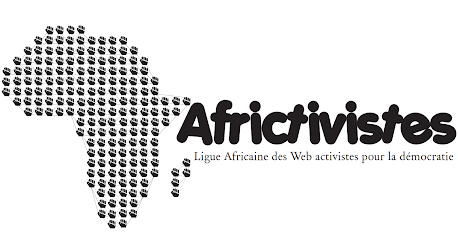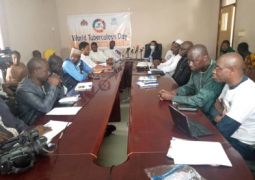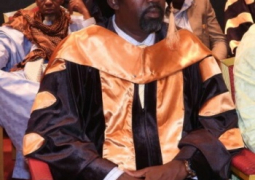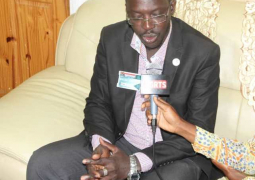
AfricTivistes believes that this law is a threat to individual freedoms in Niger.
Already in June 2019, the vote on the law on cybercrime has contributed to the continuous repression and violation of the fundamental freedoms of citizens. Since the adoption of the latter, no less than ten activists in Niger have been unjustly overwhelmed and imprisoned, between April and March 2020. Some of them have been arrested after the interception of their private electronic communication.
The parliamentary opposition boycotted the May 29 parliamentary session to examine and vote on the law. According to her, this law deprives “Nigeriens and those who live in Niger of any private life in their communications” giving free will to the Executive power of the total surveillance of communications made for reasons other than security or the fight against terrorism.
The law on the interception of certain electronic communications violates Article 29 of the Nigerien constitution which says in substance: “The secrecy of correspondence and communications is inviolable. It can only be derogated from under the conditions and forms defined by law, under penalty of sanctions.”
Africtivistes reminds the Niger authorities that all these two laws, recently adopted (in June 2019 and May 29, 2020), violate the foundations of democracy, in particular the right to freedom of expression or opinion as well as the secrecy of correspondence and communications guaranteed by the Nigeriens Constitution.
In addition, Africtivists strongly fear that the arrests of cyber-activists, journalists, or even actors of civil society, will multiply with the adoption of this new law which will constitute an open door to drift.
For some time, under the cybercrime law, cyber-activists and members of civil society in Niger have been subjected to police custody, often exceeding the legal deadline - and then presented to the prosecution or put under a warrant pending their appearance in court. Many have been arrested because of simple social media posts.
AfricTivistes strongly condemns the adoption of this liberticidal law which is contrary to the fundamental law of Niger. AfricTivistes also recognizes the duty of States to fight against insecurity, organized crime and terrorism. However, AfricTivistes recalls that guaranteeing security and fighting terrorism must be done with the utmost respect for human rights without instrumentalizing laws to muzzle the dissenting opinions of civil society and ordinary citizens.
AfricTivistes invites the President of the Republic Mr. Mahamadou Issoufou, not to promulgate this liberticide law which goes against the Nigerian Constitution, the African Charter on Human and Peoples' Rights and international standards.
If necessary, AfricTivistes invites the President of the Republic of Niger to send a reasoned request to the National Assembly for a second deliberation as allowed by article 47 of the Constitution with the aim of removing / modifying articles 2 and 16 of the law.
Article 2 lists “the persons, all of the Executive, who can request an interception of communication”.
As for Article 16, it describes the seven members of the National Commission for the Control of Security Interceptions (CNCIS): 1 magistrate by the President of the Republic, 2 deputies by the President of the National Assembly, 1 magistrate from the Council of State by the Prime Minister, 1 police officer by the Minister of the Interior, 1 gendarmerie officer by the Minister of Defense, and 1 magistrate of the State Court by the Minister of Justice.
Apart from the two deputies chosen by the President of the National Assembly, all the other members of the CNCIS are appointed by the Executive.





